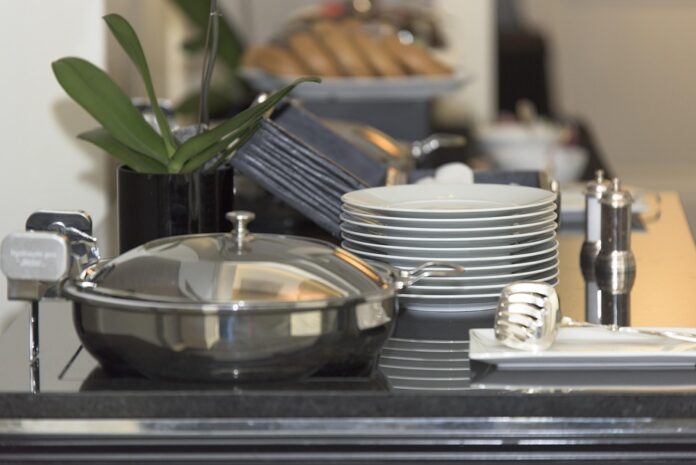Private Label Breakfast Bars Gain Shelf Space in Major Retail Chains
Consumers are increasingly turning to healthier breakfast options, leading to a surge in demand for breakfast bars. Major retail chains are taking notice of this trend and are expanding their offerings to include private label breakfast bars. These private label brands are gaining significant shelf space in stores, challenging traditional brands and reshaping the breakfast bar market.
The Rise of Private Label Brands
Private label brands, also known as store brands, have been on the rise in recent years. These brands are owned and sold by retailers themselves, offering consumers a more affordable alternative to national brands. Private label products are gaining popularity among consumers who are looking for value and quality.
In the breakfast bar market, private label brands have been able to leverage their relationships with retailers to secure prime shelf space. This has allowed them to compete directly with national brands and capture a larger share of the market. Retailers are also benefiting from the higher profit margins associated with private label products, making them an attractive option for both consumers and retailers.
Financial Data and Industry Insights
According to market research firm Nielsen, private label brands accounted for 18% of all breakfast bar sales in 2020. This represents a significant increase from previous years and demonstrates the growing influence of private label brands in the market. Retailers are responding to this trend by expanding their private label offerings and giving them more visibility in stores.
Major retail chains such as Walmart, Target, and Kroger have all increased their focus on private label breakfast bars. These retailers have invested in product development, marketing, and promotion to drive sales of their private label brands. As a result, private label breakfast bars are now a staple in the breakfast aisle of many stores, competing directly with national brands.
Industry Trends and Consumer Preferences
Consumers are increasingly looking for healthier and more convenient breakfast options, driving the demand for breakfast bars. Private label brands have been able to capitalize on this trend by offering a wide range of flavors, ingredients, and packaging options to cater to different consumer preferences. Retailers are also leveraging their data and analytics capabilities to identify trends and develop products that resonate with consumers.
In addition, private label brands are able to offer competitive pricing compared to national brands, making them an attractive option for budget-conscious consumers. With the rise of e-commerce and online grocery shopping, private label brands are also expanding their reach and gaining new customers who are looking for convenient and affordable breakfast options.
The Future of Private Label Breakfast Bars
As consumers continue to prioritize health and convenience in their breakfast choices, private label breakfast bars are expected to continue gaining shelf space in major retail chains. Retailers are likely to invest more resources in developing and promoting their private label brands to meet the growing demand for breakfast bars.
Overall, private label breakfast bars have become a significant player in the breakfast bar market, challenging traditional brands and reshaping consumer preferences. With their competitive pricing, diverse product offerings, and strong relationships with retailers, private label brands are well-positioned to capture a larger share of the market in the years to come.




